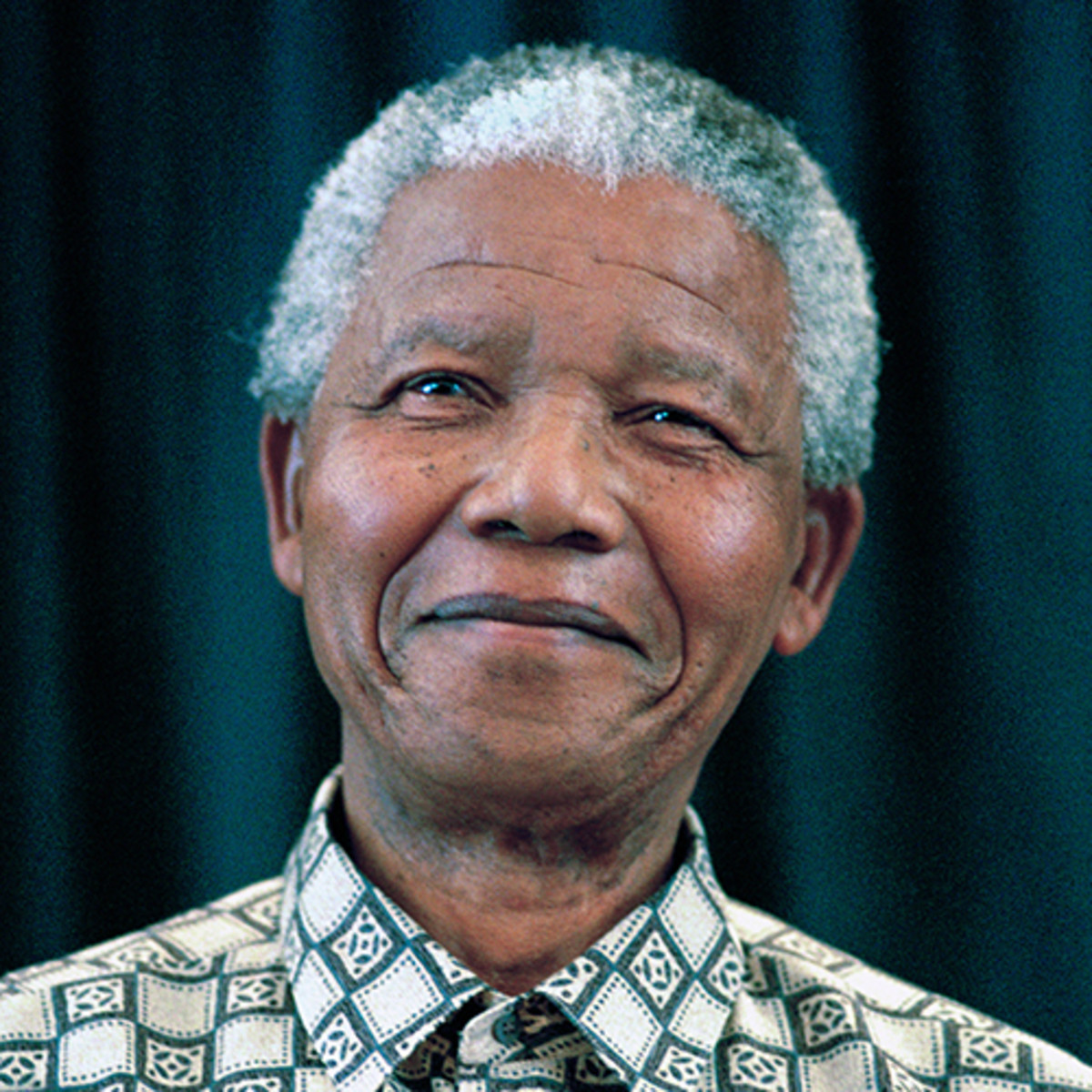- Survey
- Insider Industry Info
- Agriculture
- Arts and Design
- Business Support
- College
- Education and Training
- Entrepreneurship
- Banking and Finance
- Government
- Healthcare
- Holistic Development
- Hospitality and Tourism
- Human Services
- Law, Public Safety, Corrections, and Security Careers
- Manufacturing
- Marketing
- Military Careers
- Sales Career Information
- Technology
- Trades
- Transportation, Distribution, and Logistics
- Survey
- Insider Industry Info
- Agriculture
- Arts and Design
- Business Support
- College
- Education and Training
- Entrepreneurship
- Banking and Finance
- Government
- Healthcare
- Holistic Development
- Hospitality and Tourism
- Human Services
- Law, Public Safety, Corrections, and Security Careers
- Manufacturing
- Marketing
- Military Careers
- Sales Career Information
- Technology
- Trades
- Transportation, Distribution, and Logistics
Education and Training
- Home
- Education and Training
What is Education and Training?
Education & Training is an industry focused on learning, both inside and outside of academic settings like schools and higher education institutions. Though education career pathways are geared towards classroom learning, there are many organizations and individuals that work to provide educational support, administration, education technology, sports, and more. Many careers in the field of education require a bachelor’s degree or higher, though there are some that don’t and other ways to more easily afford the degree. Training as an industry focuses on equipping individuals with different skills or knowledge, often for jobs, sports, or for health. Training careers may not require degrees but may require certificates or experience from that particular field.
Why we Love Education and Training
Pursuing education career pathways provides a lifetime of learning and the opportunity to help people of all ages maximize their potential, reach goals, and contribute productively to their communities as citizens, workers, and family members. In traditional educational careers, educator schedules are a bit different than most careers. Most public schools in the US don’t meet during the summer months in addition to adhering to standard federal holidays. Teachers and students have many days off, though those days are often used by teachers as training, prep, or grading days.
Education career pathways can also take you to new locations, such as with TeachForAmerica or joining a teaching abroad program. In some states, districts are facing teaching and educator shortages as older teachers begin to retire. This can lead to some new and less expensive paths to becoming a teacher.
If you have experience in different fields, you can use your knowledge to teach less experienced people. Coaches, fitness instructors, onboarding instructors, and training managers all fall under this category. Just like in education, training is a people-oriented industry. Nearly all work in this category is geared towards helping people become better.


What are the most important things you need to know about pursuing Education and Training careers?
The traditional education career pathway starts with obtaining a bachelor’s degree. High school teachers obtain a degree in the field of their choice (math, literature, etc.) while elementary teachers obtain an education or more generalized degree. Most states require some prerequisite credits and courses in a postgraduate teaching credential program, though not all are specified. However, some states may grant credentials based on prior experience teaching in the Peace Corps, at a private school, or for completing a school district internship. For more information on each state’s requirements and pathways to a credential, check out Teach.com’s Teacher Certification Requirements by State.
If you’re looking to move your career beyond the role of teacher, expect to go back to school yourself or spend a few years working in one. Principals, counselors, curriculum coordinators, and superintendents all have either long histories of working in a school district or have a Master’s or Doctorate degree in education.
Many careers outside of K-12 education don’t require a degree if you have the know-how or experience. There are many companies who need salespeople with interests in the education industry. Many schools have sports coaches or representatives for different extracurricular programs. Other career examples include vocational instructors, private tutors, childcare providers, or recreational instructors.
Education is social. If you work in education in any capacity, the work will be geared towards the learners, instructors, and administrators. You’ll be working with diverse groups of people each day with different age groups. If you’re more introverted, or need more time to recuperate from working with people, be sure to be intentional about taking breaks and finding time for yourself. Education can be extremely personal as you help people grow.
In any educational role, communication skills are paramount. People must also be able to organize lessons, communicate with parents, administrators, students, teachers and anyone else. Individuals must be able to articulate ideas and processes to the people around them. Some education environments are very formal, such as with university professors. Some environments are less than informal, such as with preschool kids. Each educational environment is unique, but all will require adaptability.
To train or instruct in a professional context, many positions might require a license or certificate providing proof of your qualifications. Soccer coaches, for example, need licenses to coach younger players; there are different levels of licensure from US Soccer depending on what level of competition you want to work with. Some fields, like yoga, have no standardized licensure or certificates; working for organizations in these fields might have different requirements on a case by case basis.
Hear from a real life Educator in the video below.
Great Resources for Pursuing Education
Check these out first
EdJoin – National Education Job Board
Other Links
Every Kid Needs a Champion – Rita Pierson
GoAbroad’s How to Teach English Online with no Degree

